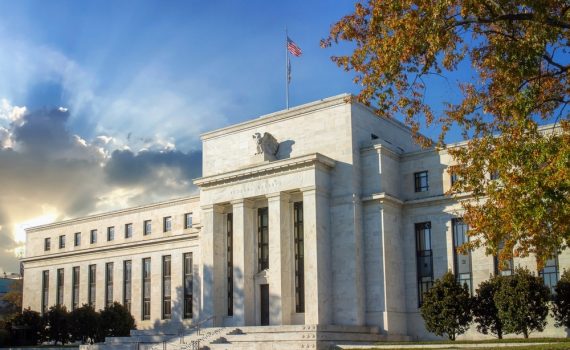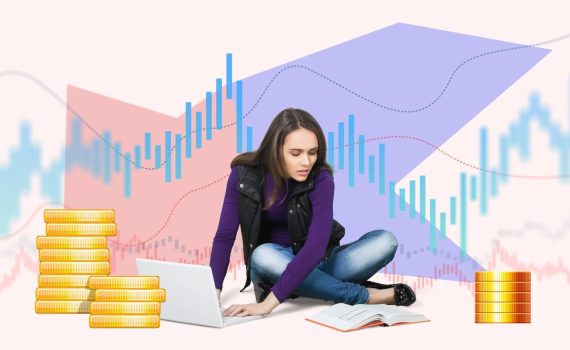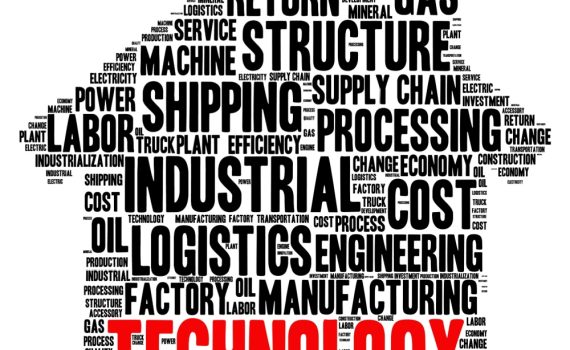This week brings numerous critical events, including key economic reports, significant Treasury auctions, major central bank decisions, high-profile earnings, and a court case reviewing presidential tariffs.
Colors are a particularly powerful tool of quiet but effective expression. The bleaching of corals in marine ecosystems is therefore a silent warning.
Two themes developed with fresh economic data released last week. First, June inflation data painted a mixed picture. The second theme revolved around consumers, who continued to be a source of strength for the economy.
The framework aligns risk attribution with the way investors construct and manage portfolios — ensuring that risk insights reflect the investment process and are not dictated by the risk model construction.
Governor Christopher Waller’s reminder this morning that he’d prefer a rate cut this month coincides with the White House looking for Fed Chair Powell’s replacement. And investors are taking it well.
On top of all the geopolitical headlines the money and bond markets have had to contend with of late, there has been another news story that has recently garnered its own fair share of headlines: a new Fed chair.
Amid the noise, August presents a tactical opportunity—if fiscal hurdles clear. With yields shifting, investors may eye short-term moves with cautious optimism.
It’s not often that you get a clean sweep of bullishness across the board. But when all of these indicators rise simultaneously, it typically isn’t associated with rising stock prices; one would expect stocks to decline.
How does one find and invest in companies that embody ethics, both in principle and action? Sometimes they are not on the front pages and you have to look longer, or harder, or smarter, to find them.
Demand for critical minerals is set to accelerate, driven by the rapid adoption of artificial intelligence in clean energy technologies, next-generation semiconductors and advanced digital infrastructure. Strategies for the same are likely to lead to further investment in exploration, refining and processing, thus reshaping supply chains and market dynamics.
Bananas are an interesting food for a number of reasons. But why would they matter to someone who is interested in the financial markets?
Trade developments and continued momentum pushed all three major averages to modest gains again for a shortened holiday trading week. So while there is good news overall, uncertainty still lingers beneath the employment surface.











